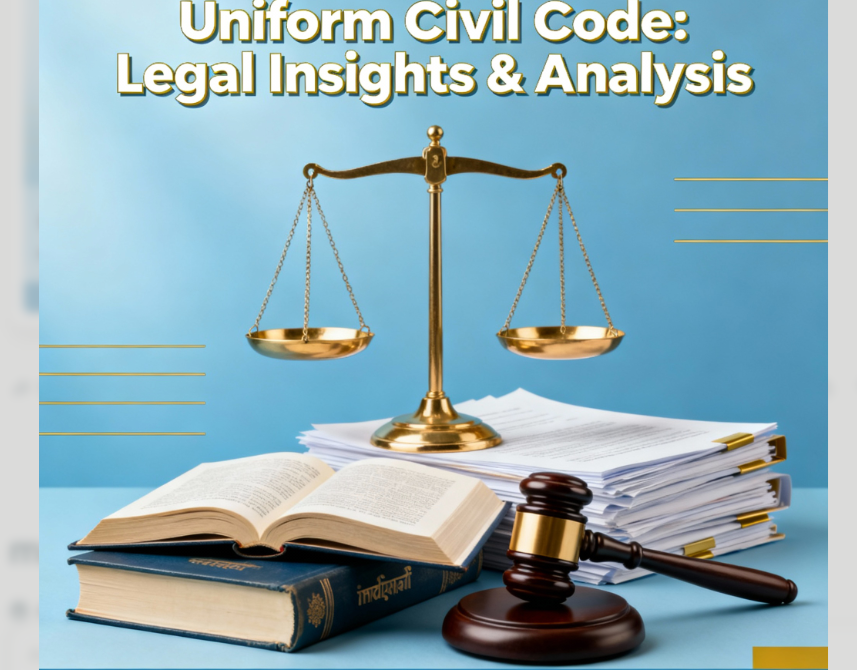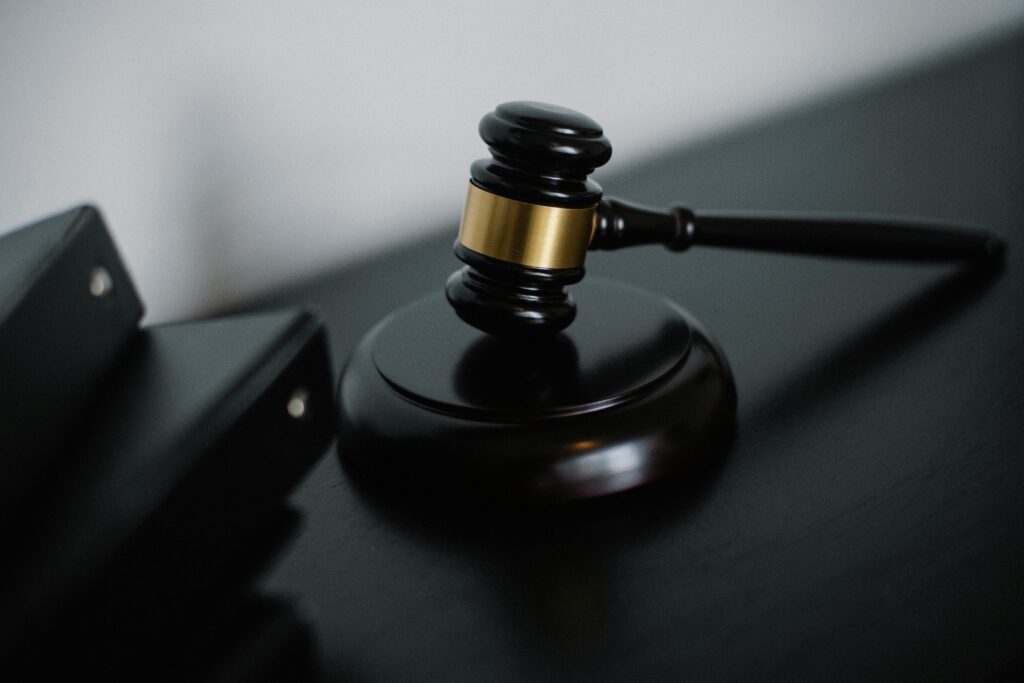Published On: 17th December, 2023
D.K. Basu Vs State of West Bengal (1997 (1) SCC 416)
BACKGROUND
Under Indian law, the term custody refers to retainment of the person. And not allowing the movement of the one. Although the Indian Constitution provides the free movement of people, such rights can be restricted when one is accused or has committed about crime, through police custody or judicial custody. The main reason behind the same is to prevent the accused from tampering with the evidence, blackmailing the witnesses, or threatening the victim. To prevent such issues the concept of police and judicial custody has been shaped so that there is no tampering of evidence and proper justice is given. In criminal cases, investigation plays an especially key role in carrying on justice. To see that the investigation goes on smoothly the process of custody has become an important concept.
When any information about the commission of the crime is there and that person is suspected of it, the police may arrest him to prevent further crime. The person is brought up in jail and details are being recorded of that person and are to be produced before the magistrate within 24 hours. The time of traveling is excluded in 24 hours. [1]
There are many incidents where police use force before the person to prove him guilty and make acceptance of a crime which he might have done or not done. The police usually beat people suspected of any crime; this is regarded as unconstitutional as it infringes on the right to life and personal liberty. Regarding the same, there is a landmark judgment that has been passed by the Supreme Court of India to reduce custodial death and reduce the use of force against the accused by the police.
FACTS OF THE CASE
D.K. Basu, executive chairperson of legal aid service cell, West Bengal. He addressed the attention of the Chief Justice of India towards the articles and reports that dealt with deaths related to custodial deaths. He further requested the authorities to treat the Writ Petition as Public Interest Litigation (PIL). The authorities, on considering the extremeness of the issue, considered it to be treated as PIL and a notice was served to the State of West Bengal on the same.
While the letter was taken into consideration another letter by Mr. Ashok Kumar was given to the CJI and attention was made to the death of Mahesh Bihari Palikavala in Aligarh police custody. This matter was also added to the petition of D.K. Basu.
Notice was being served to all the state government as well as to the law commissioner asking for a response within 2 months. In the response, various state governments mentioned their reply and the hearing of the case began thereafter.
ISSUES RAISED[2]
- Whether the cases of custodial death increasing?
- Is the action of police officers arbitrary?
- Is there any need for maintenance of guidelines?
ARGUMENTS FROM THE PETITIONERS SIDE
The petitioner contended that any type of physical or mental pain caused to the person in police custody should be prevented. Whether it is related to rape in police custody. The amount of pain one suffers whether he is the real accused or not is very traumatic and somehow leaves an extremely negative impact on the person who is being suffered from the same. Hence there was a demand that the court investigate the same and provide the guidelines.
ARGUMENTS FROM RESPONDENT SIDE
Different council represented their respective states and Dr. A.M. Singhvi. And they contended that everything was right with the states. They further aided along with the beliefs. Further, the State of West Bengal defended by saying that there were no such custodial deaths in the state and that if there were investigation would go on.
OBSERVATION
On seeing the facts, the court observed that every person is subject to the right to personal liberty and the right to life contained in Article 21 and Article 22. Further, these rights cannot be denied even if the person is in police custody. The rights cannot be denied. The court further observed that it aims to protect anyone from torture or mistreatment.
JUDGEMENT[3]
While deciding upon the judgment the court referred to the case of Nilabati Behera vs. the State of Orissa which stated that any kind of torture or inhuman behavior, whether during investigation or during the trial, is not allowed. If such a thing occurs it would cause infringement of Article 21.
In its 113th Report, the Law Commission of India recommended that Section 114-B, dealing with custodial violence, be inserted in the Indian Evidence Act. The court said that custodial death is disturbing and is aggravated when it is done by a citizen and his guardian. That is why the court decided that this act violates Articles 21 and 22 of the Constitution of India. It is a clear violation of the human dignity and fundamental rights of the victim. There is no evidence against the police, so proving their guilt can be difficult. The court also noted that the use of tertiary methods by the police to obtain information from the accused is illegal and should not be used and the rule of law must prevail. As a result, the police have the right to investigate the case and interrogate the suspects, but they are not allowed to use third-degree torture to obtain information. The court also noted that the government must implement the recommendations made in the Law Commission report to end these crimes against humanity.
In addition to constitutional and legal guarantees, the court issued a list of 11 guidelines to be followed in all cases of arrest and detention. Here are the instructions:
- Arresting, processing, and interrogation officers must wear accurate, visible, and legible identification and name tags. The data of all police officers involved in arrests and interrogations must be entered into the register.
- The arresting police officer must leave an arrest note after an arrest, which must be witnessed by at least one witness. who can be a member of the detainee and his family or a respected member of the community of the place of detention? It must also be signed by the detainee and must state the time and date of the arrest.
- A person who is arrested or detained and is in a police station, interrogation center, or other detention has the right to have one friend, relative, or another person who knows him or is interested in him. his welfare as soon as possible when he is arrested and detained in a certain place unless the witness of the memorandum omits that information.
- Within 8-12 hours after the arrest, the police must inform the next friend or relative of the arrested person who lives outside the district or city by telegram about the time, place of arrest, and place of arrest through the legal aid organization of the region and the police station of the relevant region.
- As soon as he is arrested or detained, the arrested person must be informed of his right to have someone notified of his arrest or detention.
- The arrest of the suspect must be recorded in the detention center and in the diary, which must include the name of the person notified of the arrest and the next friend, as well as the names and details. of police officers responsible for arrest.
- If the detainee so desires, he must be examined during his arrest, and any major or minor injuries found on his body must be reported at that time.; Inspection Memorandum; the detainee and the detainer must sign it and send a copy to the detainee.
- During detention, the detainee is examined every 48 hours (about 2 days) by a qualified doctor from a group of recognized doctors appointed by the Director of Health Services of the State or Union Territory concerned. According to the Director of Health, all Tehsils and districts should also plan for such a penalty.
- Copies of all documents including the arrest warrants should be sent to the Magistrate for his information.
- A detainee may be allowed to speak to his assistant during interrogation, but not during the interrogation.
- A police control room should be installed in all district and state headquarters where the arrester should provide information about the arrest and the detainee within 12 hours of the arrest, and it should be in a visible place. notice board in the police control room.
Reference(s):
[1] LawBhoomi, ‘Police Custody and Judicial Custody’ (LawBhoomi, 17 June 2023) https://lawbhoomi.com/police-custody-and-judicial-custody/ accessed 12 December 2023
[2] Manupatra, ‘Manupatra’ (Articles) https://articles.manupatra.com/article-details/Problematic-Policing-Incidents-In-India-With-Special-Reference-To-DK-Basu-V-State-Of-West-Bengal accessed 13 December 2023
[3] Ibid




